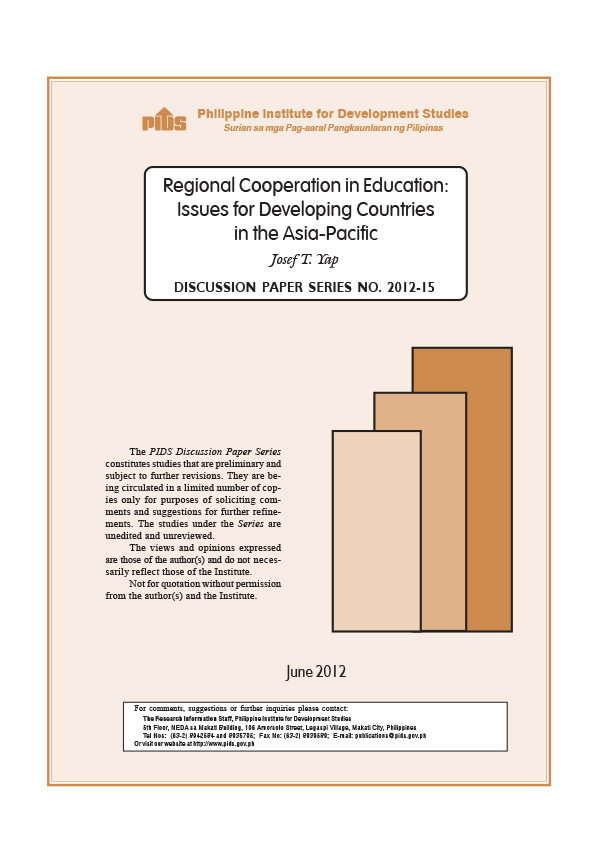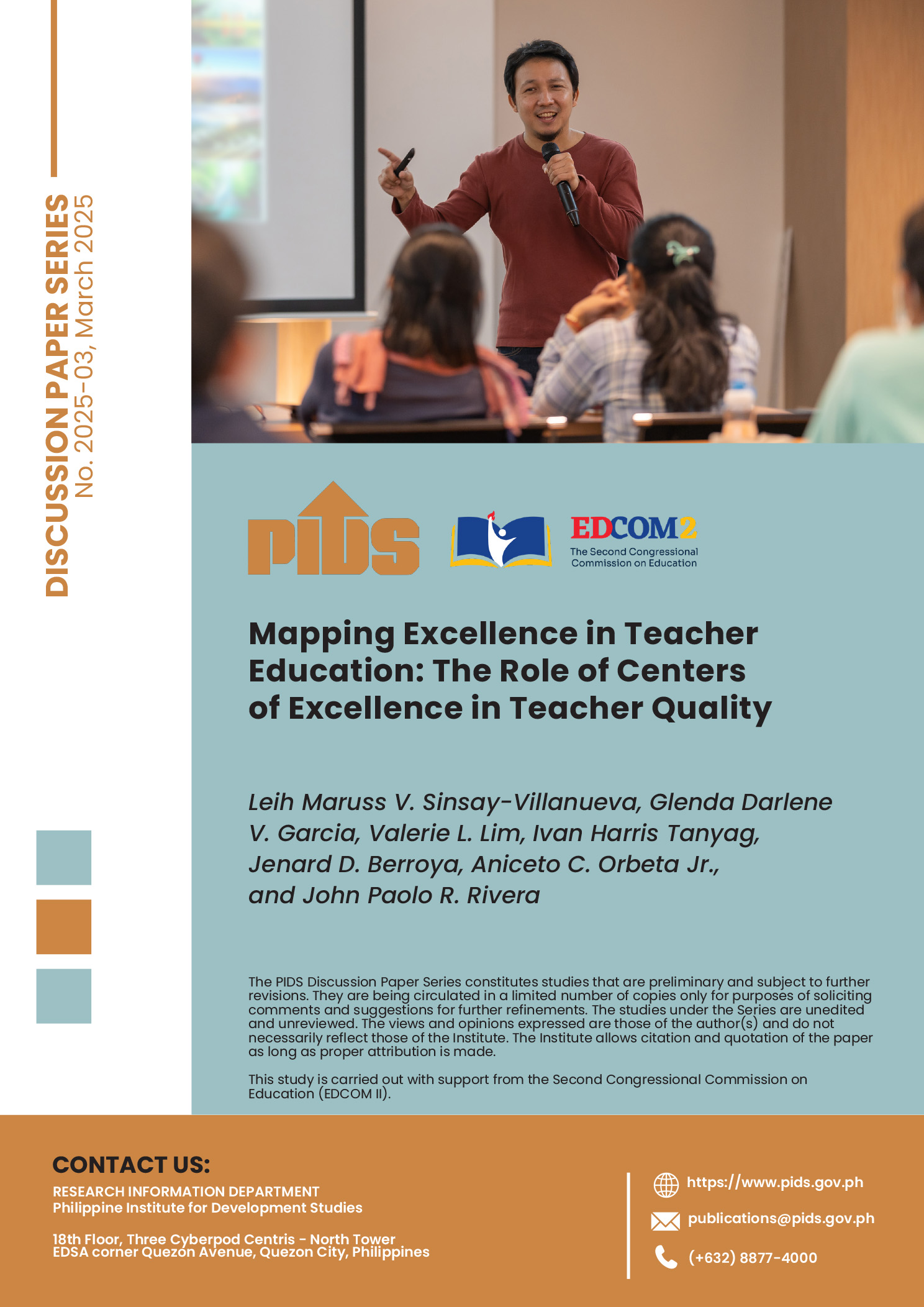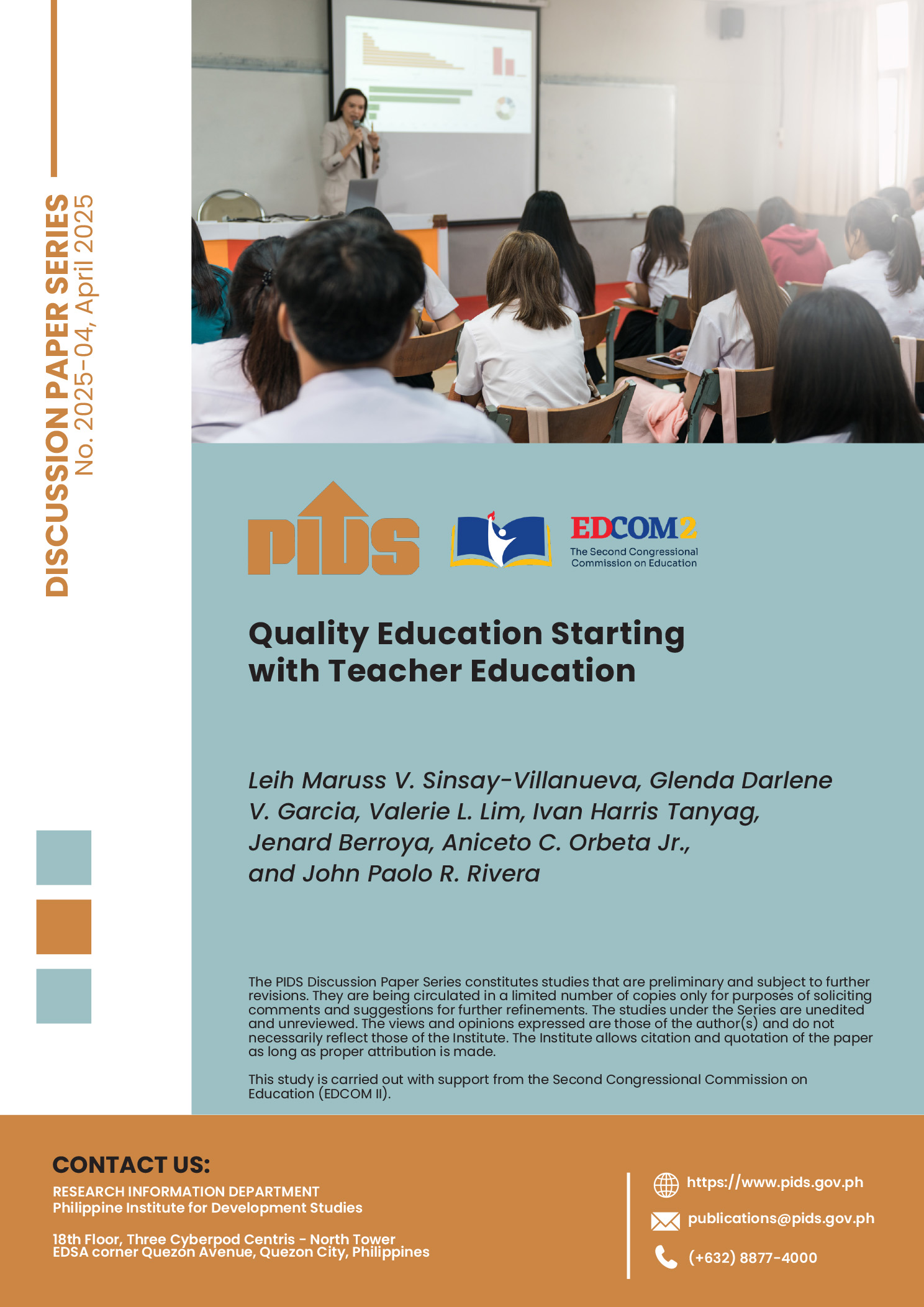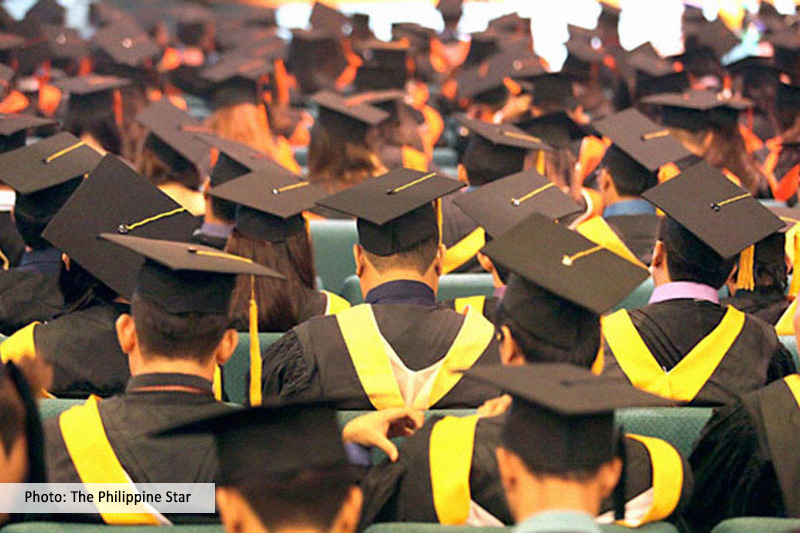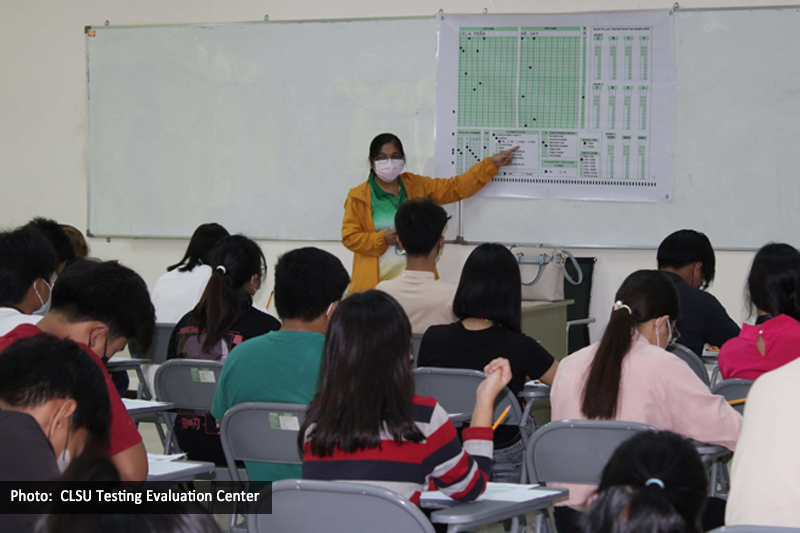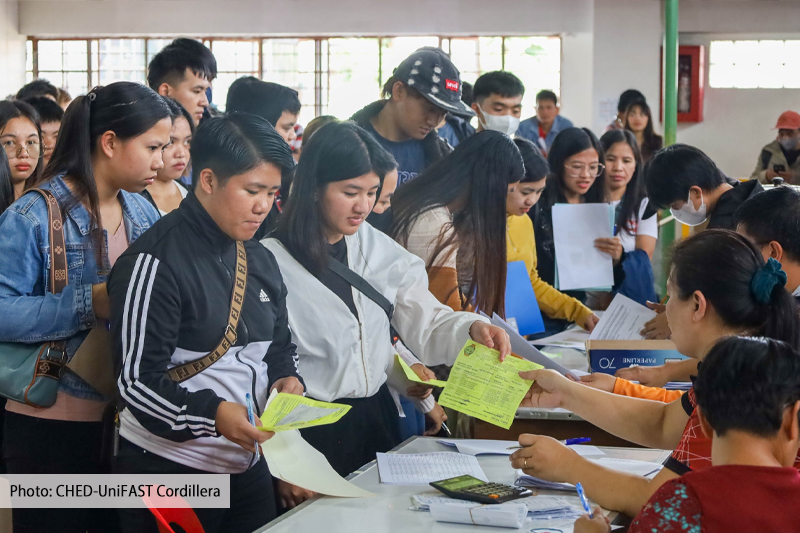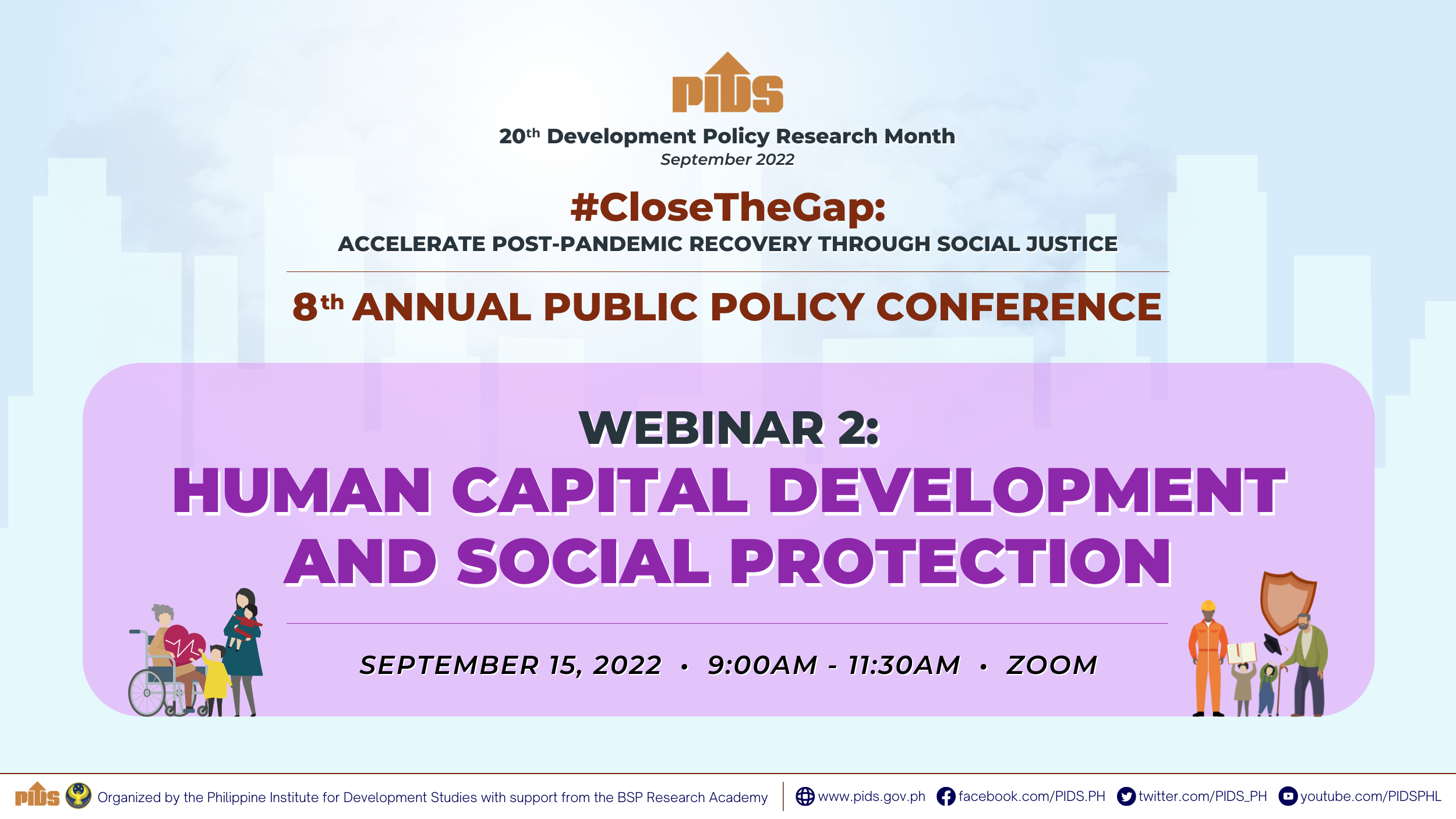Human capital development is important for economic growth. The main channel by which human capital can be enhanced is education, which is characterized by the issues of availability, access, and quality. Domestic reforms can be complemented by regional cooperation in education. The main mechanisms for regional cooperation are: People Exchange, Transnational Education, Information Exchange, Regulatory Reform, and Development Partnerships. The main argument in this paper is that the relevant mechanism for a particular economy--including what should be prioritized--depends on its position in the development ladder and history with regard to education attainment. The experience of Malaysia and the Philippines with regard to these mechanisms and education in general are compared with the expectation that other developing countries can draw lessons from this comparison. Malaysia`s high economic growth in the past three decades has enabled it to implement an effective program in transnational education while the Philippines has failed to exploit its competency in the English language largely due to its poor record with regard to infrastructure development. What would be useful for the Philippines is to harness regional cooperation in order to effect regulatory reform. In particular, accreditation of colleges and universities in the Philippines is still voluntary while Malaysia has opened its universities to international standards. A long-run goal would be a regional agreement on education standards somewhat akin to a Free Trade Agreement. Meanwhile, developing countries can benefit from existing institutions like the ASEAN Universities Network and the ASEAN Quality Assurance Network in order to improve the quality of their education systems.

